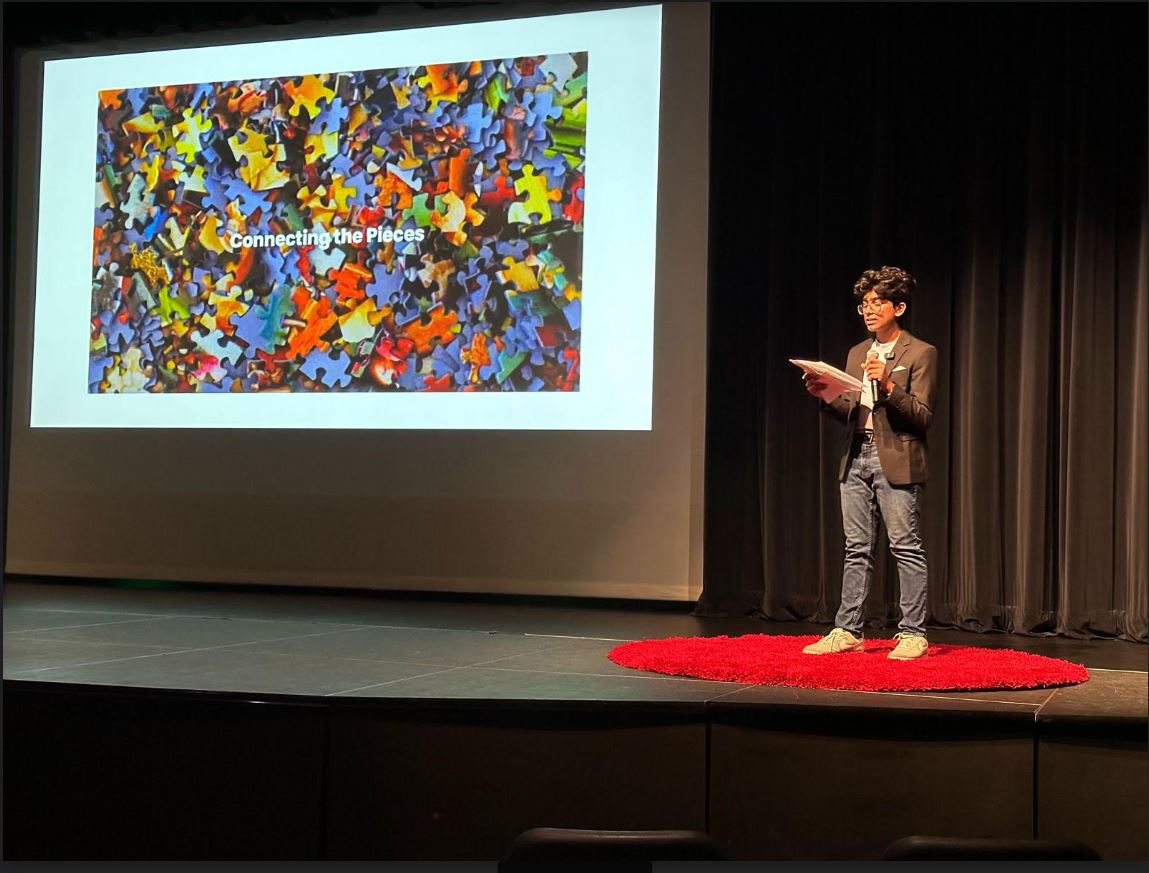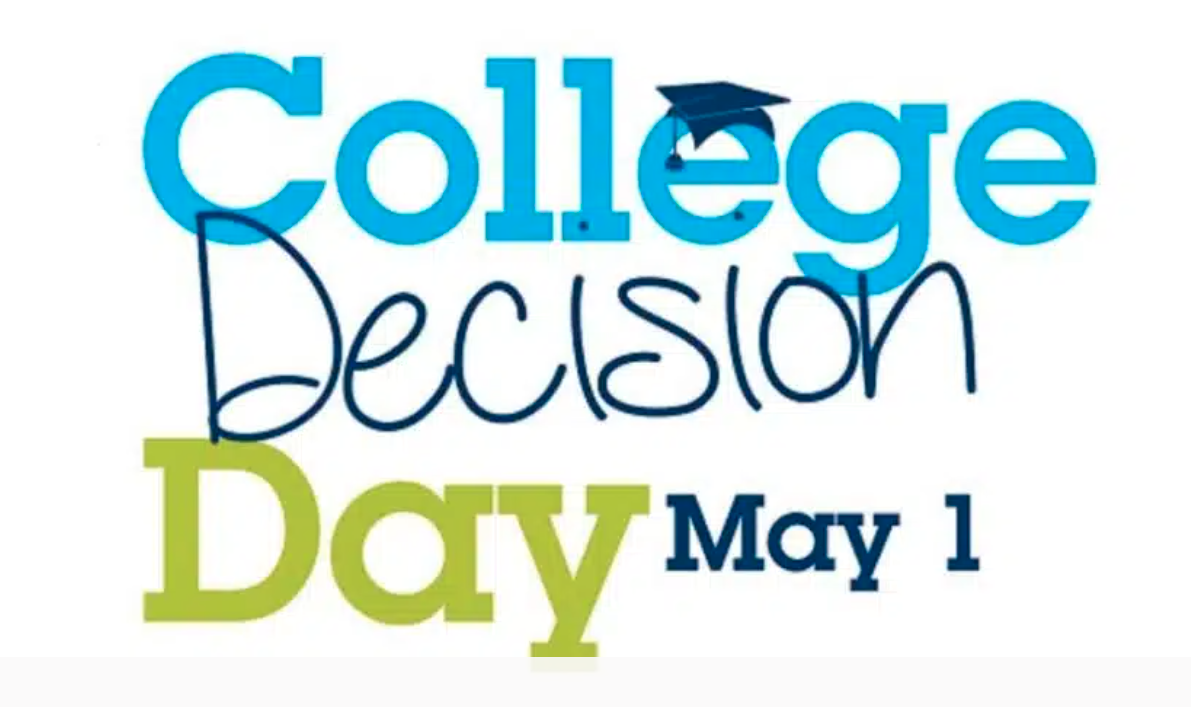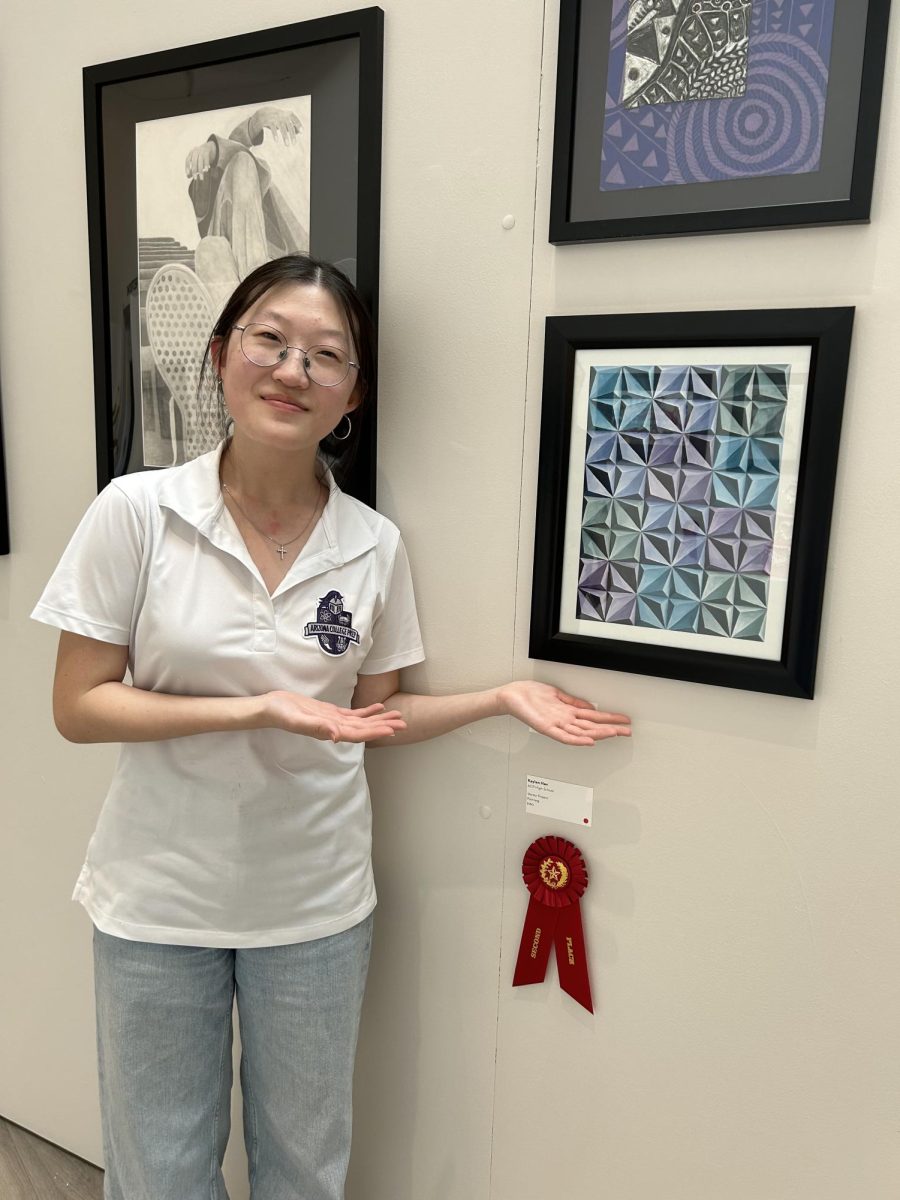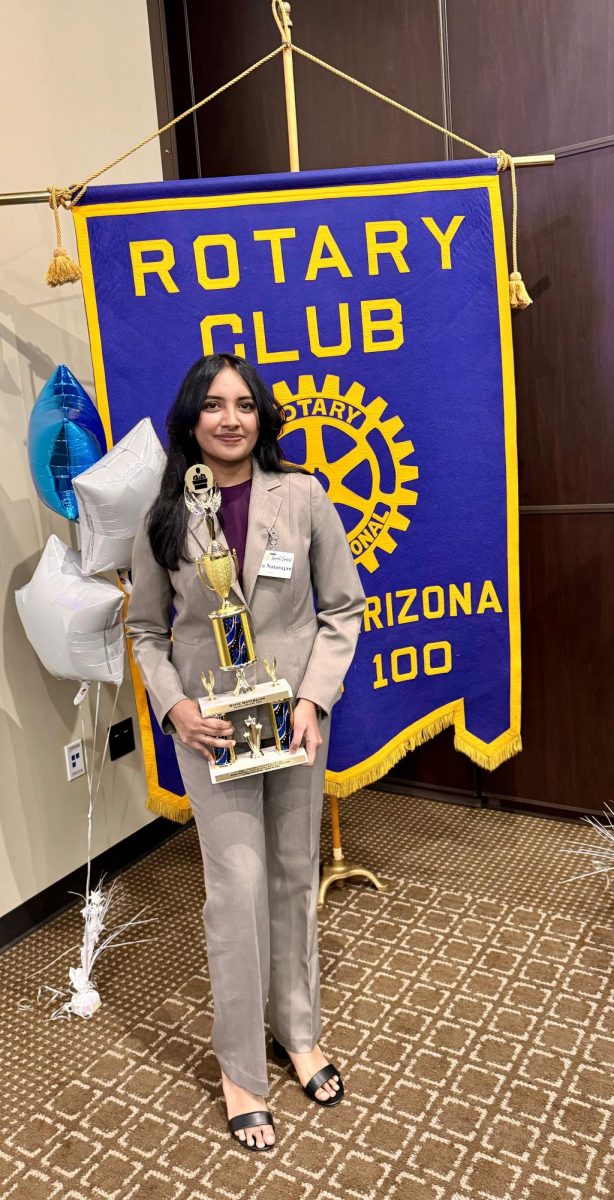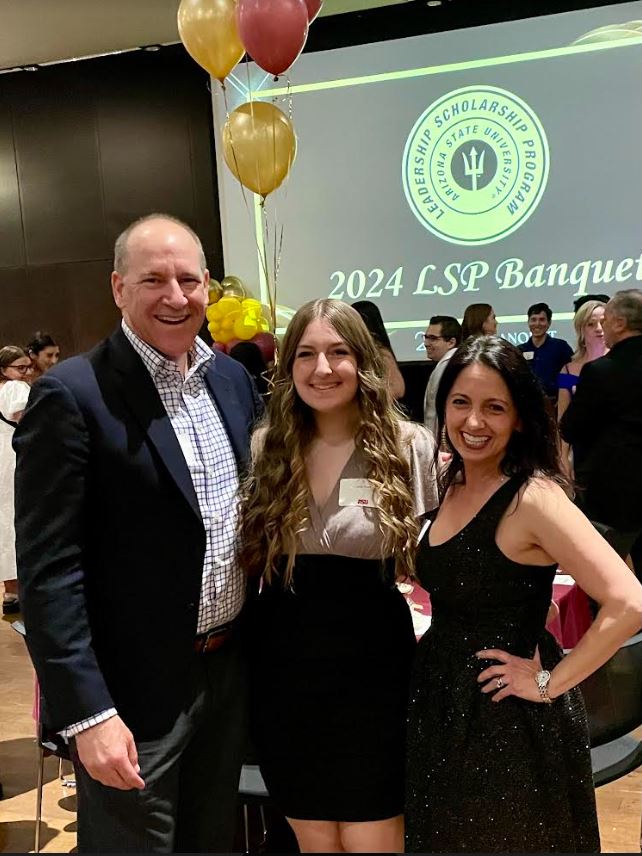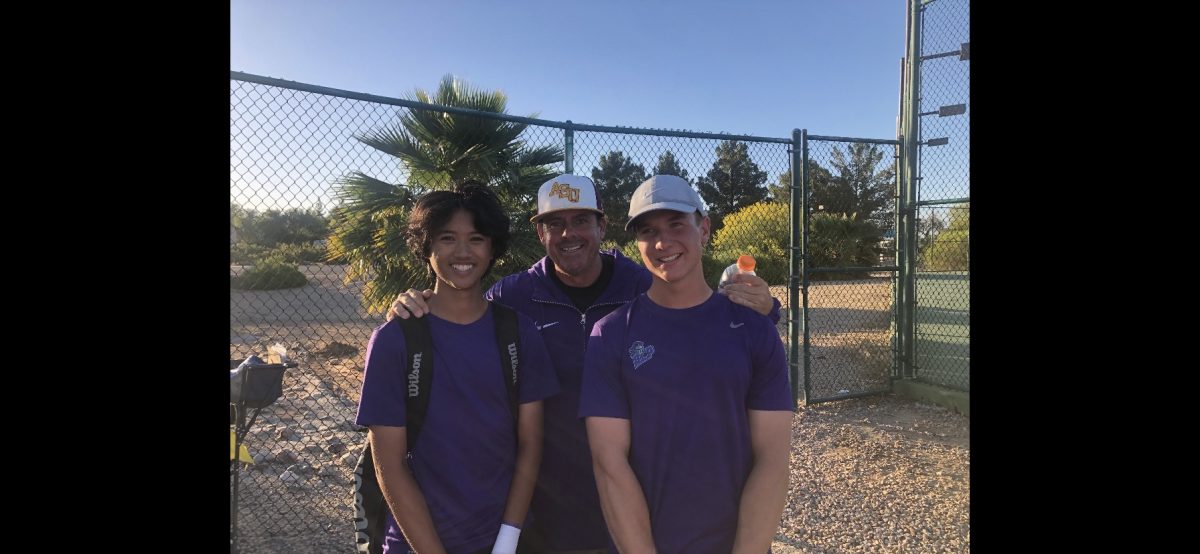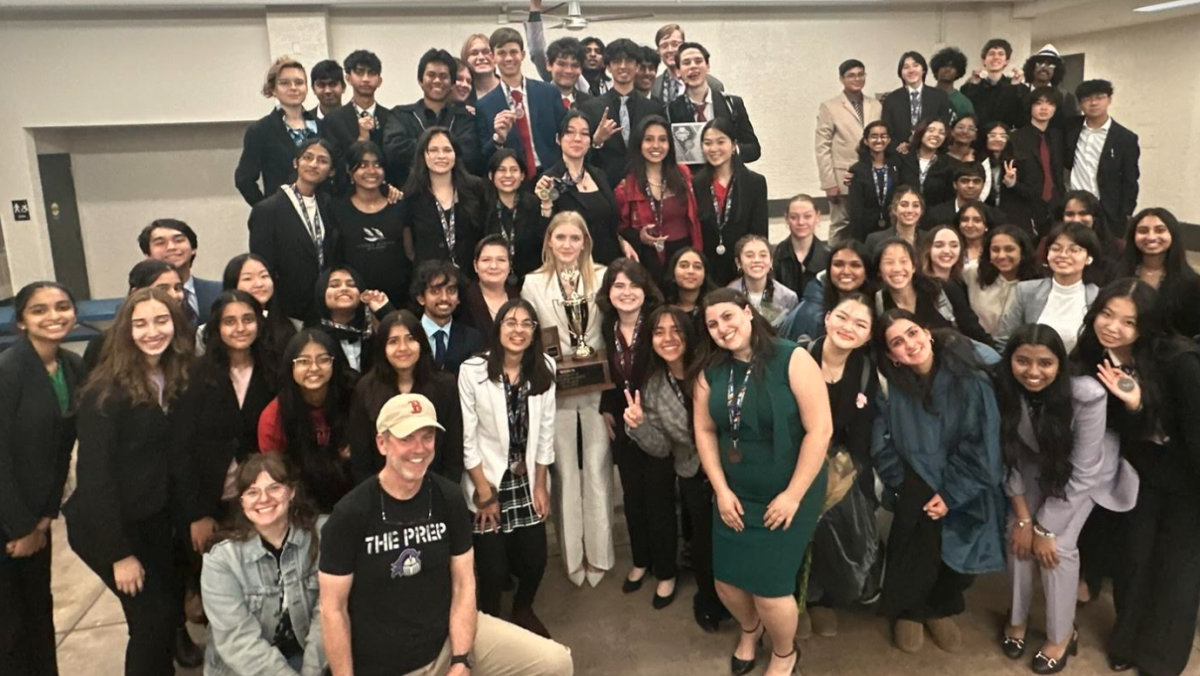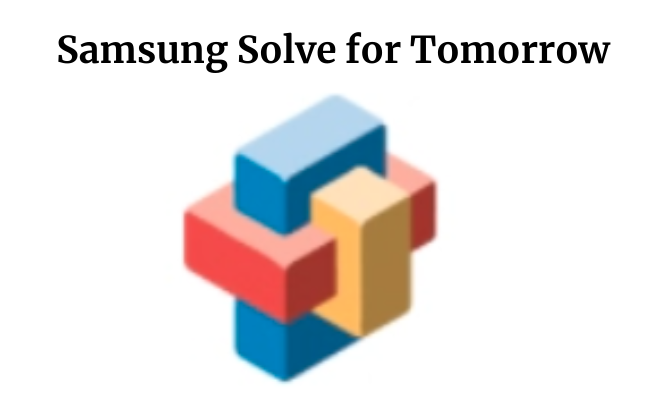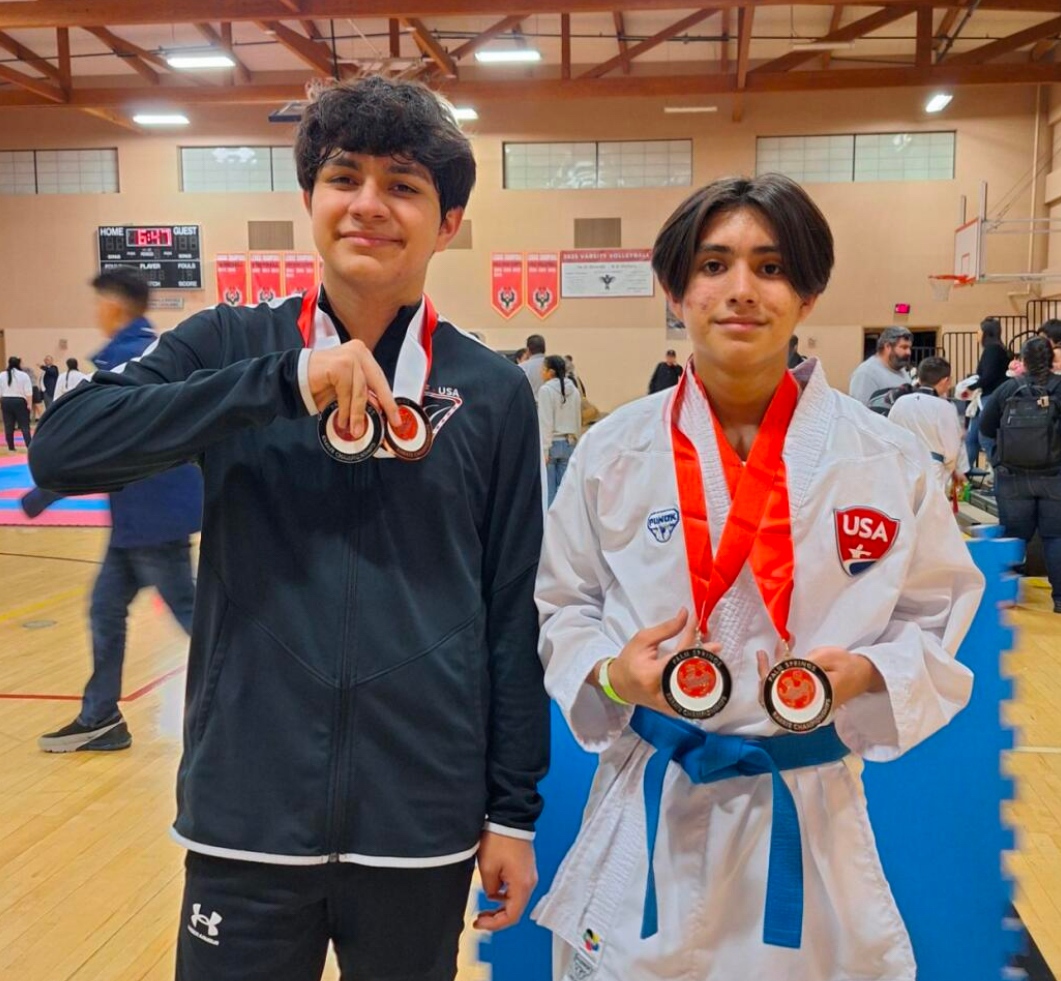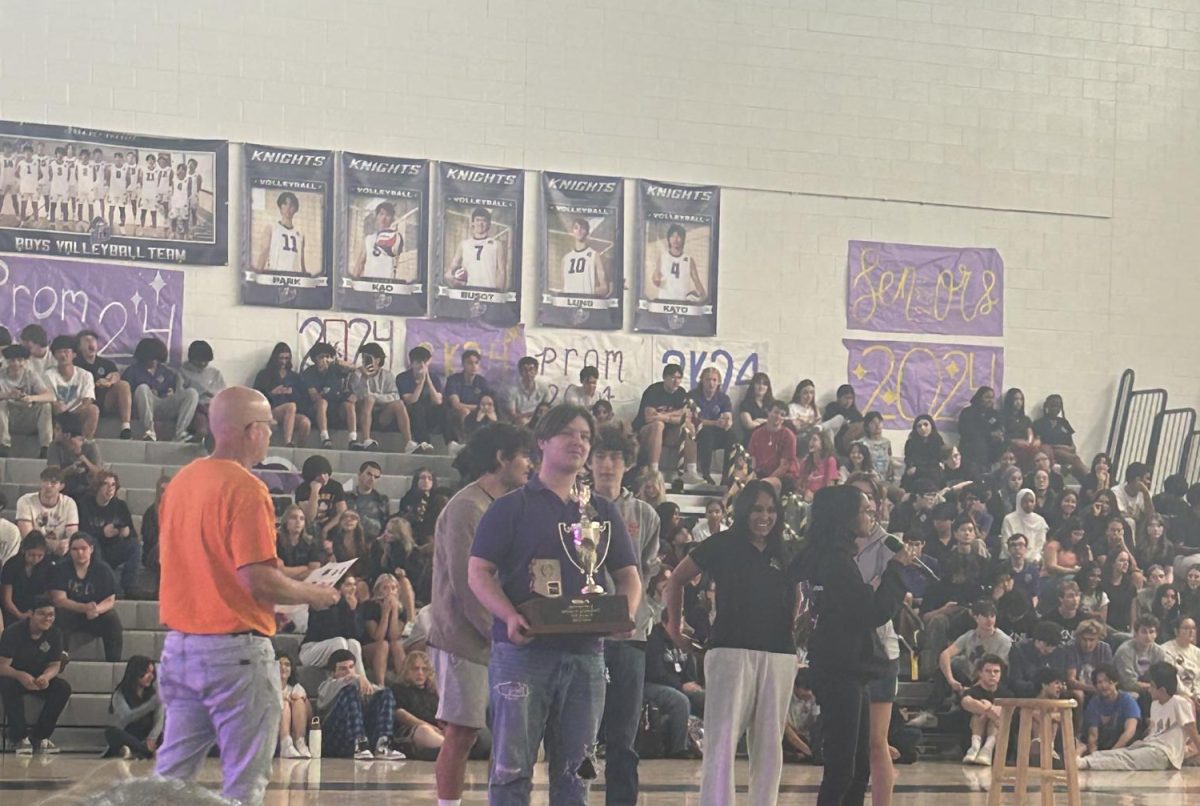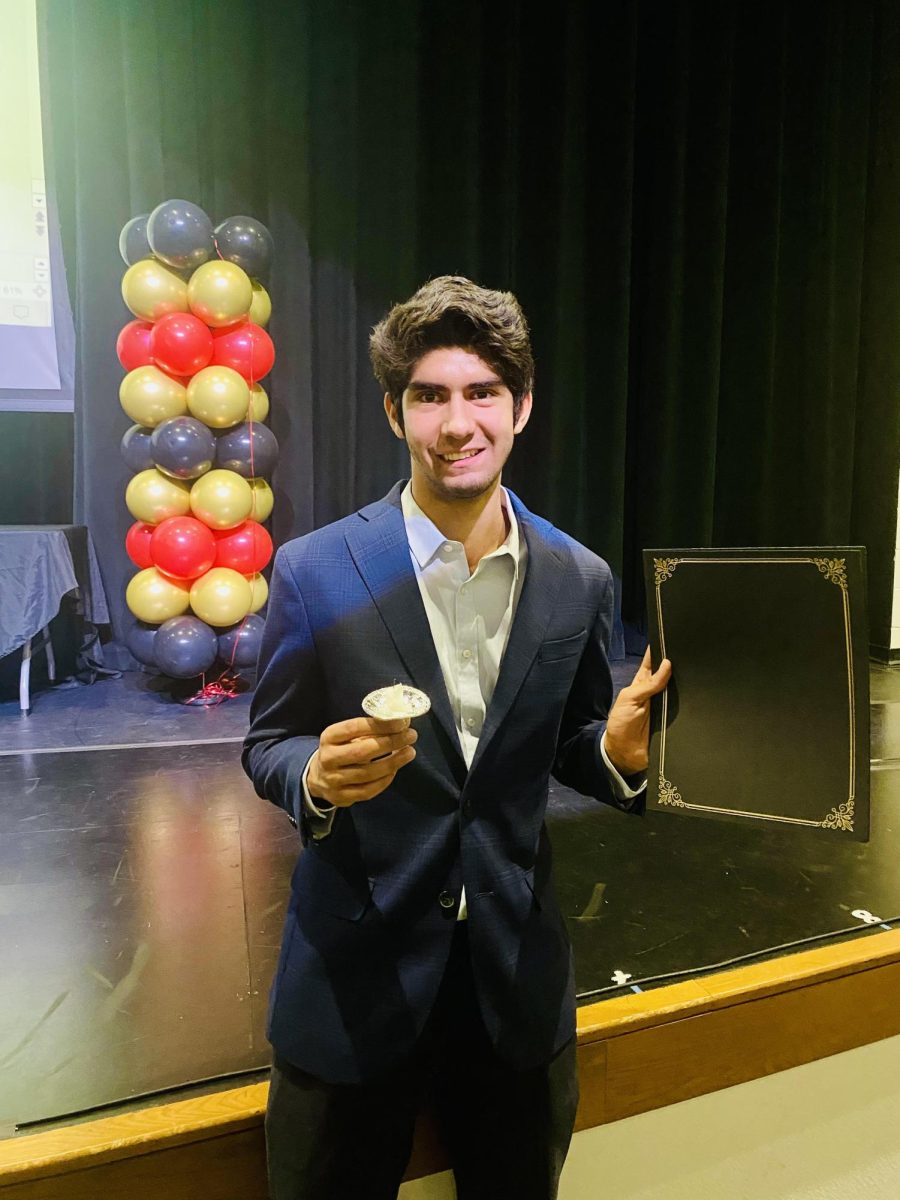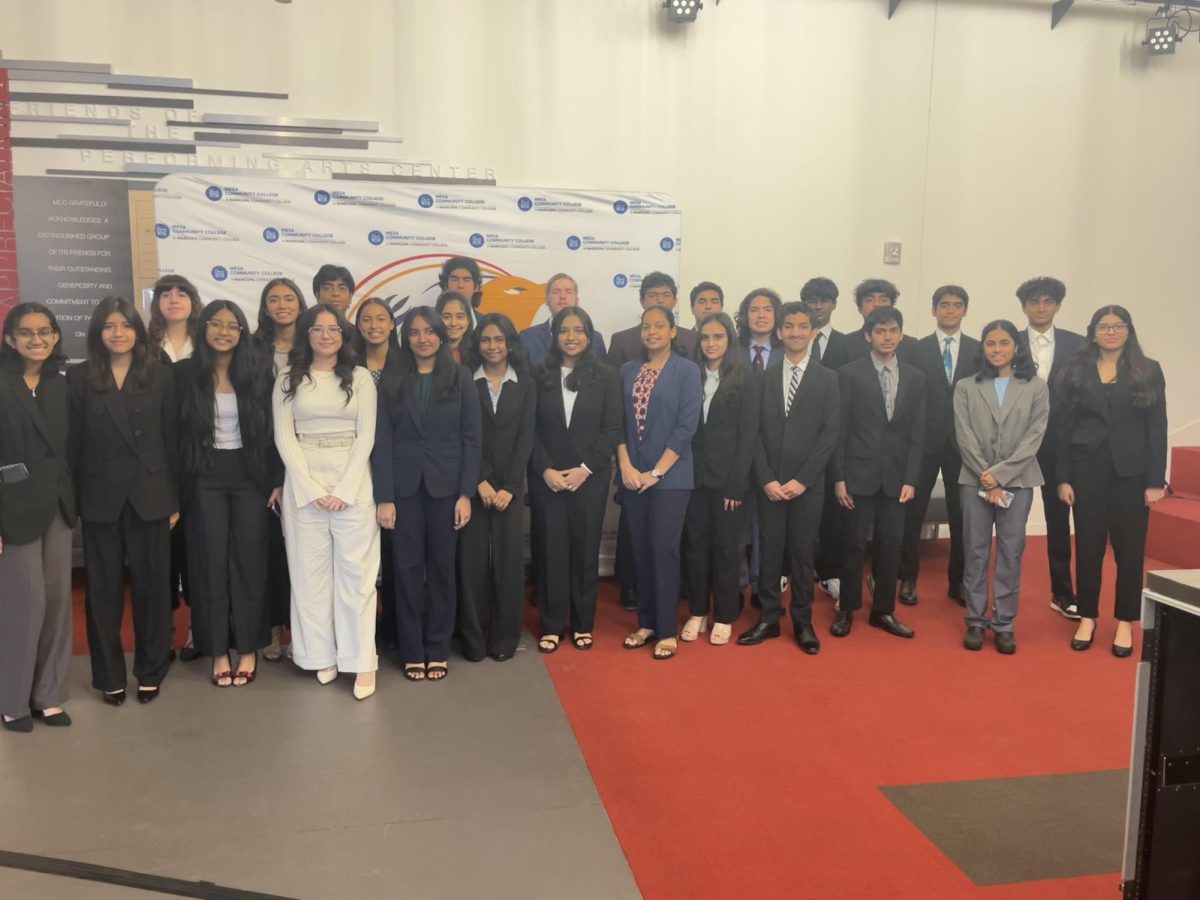As technology and the science world develop, various techniques to prevent human diseases as well as to improve people’s overall quality of life have been created. Among these is gene editing, the changing of highly specific aspects of a DNA sequence to modify its genetic makeup. Gene editing is performed by cutting the DNA strands, allowing for the removal of the original DNA and inserting replacement DNA.
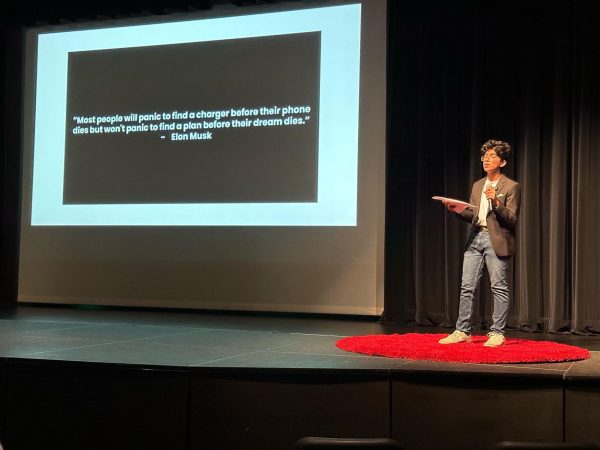 Gene editing enthusiast and freshman at ACP, Venkat Yarlagadda, was invited by TED with a speaking opportunity regarding his STEM-related work and his opinion on said topic. His work includes his research project, SEED-P (Sustainable Enhancement and Efficiency in Driving Photosynthesis), and several other project-based work in collaboration with the United Nations, Shell, MITs Pathcheck foundation, Benchsci, and the MIT Media Lab. Passionate about the potential of gene editing, Venkat’s talk revolved around its benefits on our society. He expressed, “Gene editing is something that I am extremely passionate about. In my opinion, gene editing has had the biggest impact in life sciences over the last 20 years, and it will drive the future in a multitude of industries. With the ability to cut genes and induce the repair of new DNA sequences, we can cure diseases like cancer and increase our food supply exponentially.”
Gene editing enthusiast and freshman at ACP, Venkat Yarlagadda, was invited by TED with a speaking opportunity regarding his STEM-related work and his opinion on said topic. His work includes his research project, SEED-P (Sustainable Enhancement and Efficiency in Driving Photosynthesis), and several other project-based work in collaboration with the United Nations, Shell, MITs Pathcheck foundation, Benchsci, and the MIT Media Lab. Passionate about the potential of gene editing, Venkat’s talk revolved around its benefits on our society. He expressed, “Gene editing is something that I am extremely passionate about. In my opinion, gene editing has had the biggest impact in life sciences over the last 20 years, and it will drive the future in a multitude of industries. With the ability to cut genes and induce the repair of new DNA sequences, we can cure diseases like cancer and increase our food supply exponentially.”
During the talk, Venkat discussed using genetic engineering to modify plants for photosynthetic efficiency to solve food supply shortages. He included topics such as the flaw in our relationship with food supply and his journey of conducting genetic engineering as well as the problems he has faced. Since the theme of the TED Event was inner odyssey, he also mentioned the difficulties young people face when trying to make an impact in STEM. In his talk, Venkat stated, “We live in a time period where we are at the inflection point for discovering technologies that have the capability to solve the world’s biggest problems. Something that I kept on seeing in the news was something called CRISPR, the next big thing in biotech.”
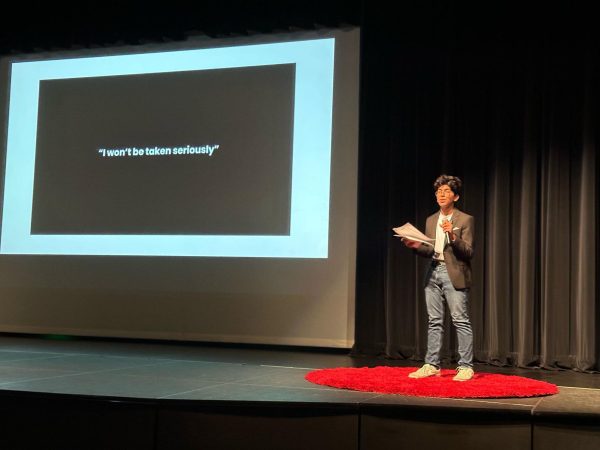 Working on filing a patent on methodology, both Venkat and freshman Amay Annasamudram have utilized a novel integration system to increase pigment diversity. They have also successfully genetically engineered plants to produce multiple pigments increasing the rate of photosynthetic efficiency and collected data by tracking CO2 metrics. When I asked Venkat to describe his inspiration to give a TED Talk, he expressed, “I wanted to educate people about the issue of world hunger and how I am using genetic engineering to solve it. Along with telling my story, a huge goal of my talk was to inspire other people to combine the technologies of the modern world we live in today and solve some of the world’s biggest problems. The main takeaway I wanted people to walk away with was to develop solutions to the problems that they are most passionate about, regardless of what society perceives them as.” Thank you, Venkat, for being an inspiration to people at ACP and around the world. The future of STEM will be significantly influenced by your remarkable studies and skills. We cannot wait to see what the future holds for you! Go Knights!
Working on filing a patent on methodology, both Venkat and freshman Amay Annasamudram have utilized a novel integration system to increase pigment diversity. They have also successfully genetically engineered plants to produce multiple pigments increasing the rate of photosynthetic efficiency and collected data by tracking CO2 metrics. When I asked Venkat to describe his inspiration to give a TED Talk, he expressed, “I wanted to educate people about the issue of world hunger and how I am using genetic engineering to solve it. Along with telling my story, a huge goal of my talk was to inspire other people to combine the technologies of the modern world we live in today and solve some of the world’s biggest problems. The main takeaway I wanted people to walk away with was to develop solutions to the problems that they are most passionate about, regardless of what society perceives them as.” Thank you, Venkat, for being an inspiration to people at ACP and around the world. The future of STEM will be significantly influenced by your remarkable studies and skills. We cannot wait to see what the future holds for you! Go Knights!
To watch Venkat’s TED Event, visit https://youtu.be/Igf2jezCvik?si=RPgfNN6Q3V3PZGef
